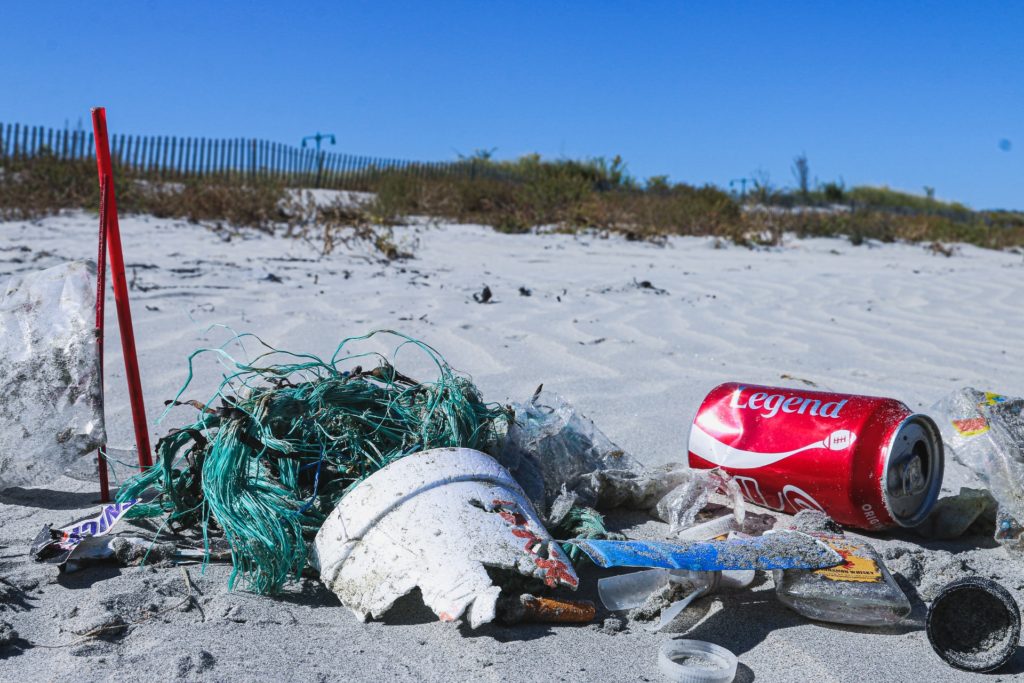Already more than 200 of the country’s 581 local authorities have signed up to a movement to introduce a deposit system for empty cans and plastic bottles.
At the latest count, the tally stands at 205, with 193 of them in Flanders, according to the organisation behind the campaign, the Statiegeld Alliantie.
The alliance has three main demands, according to its website: a structural solution for the pollution of streets, roadsides, beaches, rivers and seas by plastic drink bottles and drink cans; a fair solution to litter by removing its costs from citizens and local authorities and making the packaging industry responsible for it; and a truly sustainable, circular model for the management of raw materials.
The Netherlands will introduce a deposit system for plastic bottles on 1 July, and the government has promised drinks cans will follow by the end of the year. However Belgium has shown itself less keen.
While the idea is compelling as regards the environmental cost and the materials argument, opponents point to the difficulty of such a system for small retailers. Used cans and bottles take up a large amount of space in shops where space is already at a premium. Customers are supposed to wash the bottles and cans before returning them, but many will not, presenting the retailers will a hygiene problem as well.
In both cases, the returns have to be stored somewhere in between pick-ups by whomever is administering the system, and who will pay for that?
However, administrative details aside, the alliance feels it has a strong case.
“After all, litter is a cross-border problem,” said Tom Zoete of the Recycling Network. “A plastic bottle that ends up in the Maas or the Scheldt floats around a while later in a neighbouring country or the North Sea.”
The governments of Wallonia and the Brussels region included a deposit system in their governing accords from 2019 – a sort of post-election manifesto. Flanders has yet to do so, though it is striking that the vast majorities who have already signed up to the action are in Flanders.
“The Flemish litter figures are dramatically bad,” Zoete said. “22,641 tonnes of litter in 2019. That is 29.4 percent more than in 2013. While the Flemish government promised that it would be 20 percent less by next year.”
Flemish environment minister Zuhal Demir (N-VA) is currently engaged in talks with industry sectors aimed at drawing up a ‘Litter Charter’.
“The deposit system has not been included in this yet, however,” said Zoete. “So more of the same policy, while the results are terrible. And in the meantime Germany and the Scandinavian countries have shown for years that a deposit is the effective means: it reduces the number of cans and bottles in litter by 70 to 90 percent. In other words, up to ten times less beverage packaging in nature.”
Alan Hope
The Brussels Times

